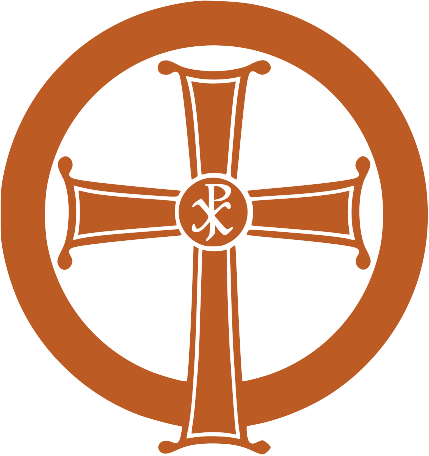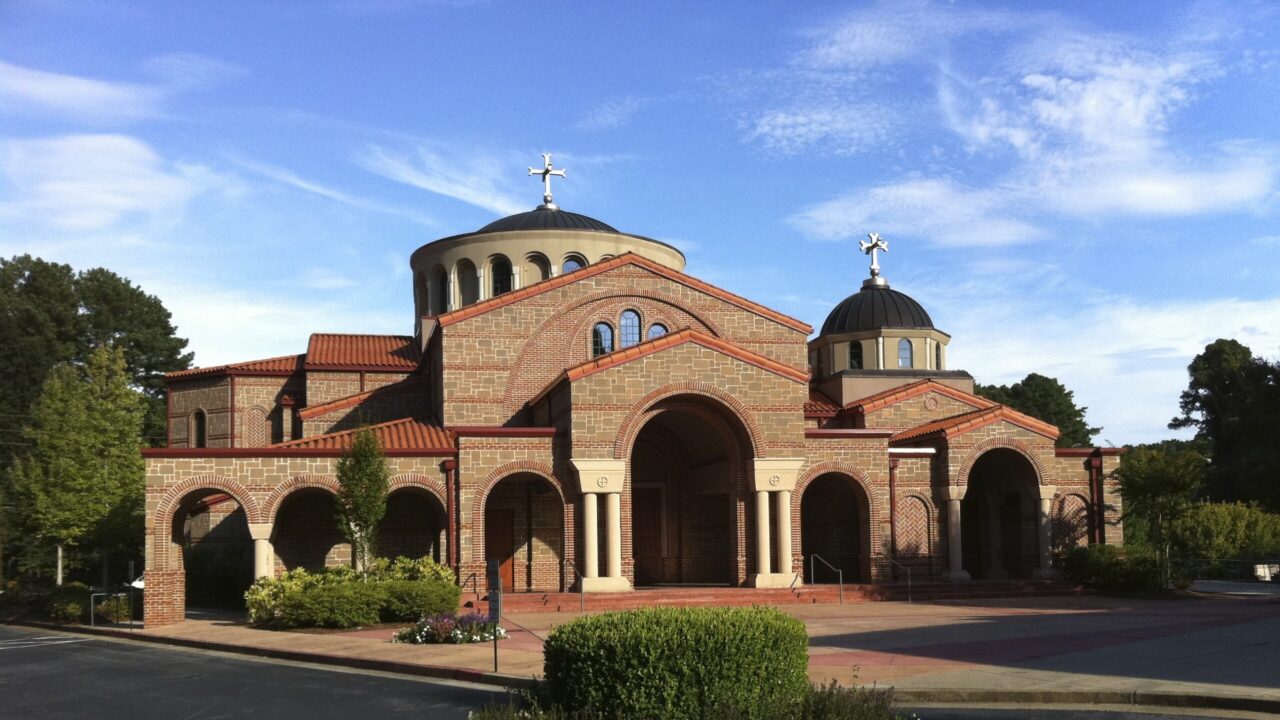By Fr. Panayiotis Papageorgiou, Ph.D.
As Great Lent is approaching, fasting is again a major subject for all of us, so please allow me to address it again today.
Over the years, many people have asked me what the required fasting by the Church is during Great Lent. Others questioned the value of this ancient practice and others still looked at this with intimidation as they found themselves unable to keep the fast in its strictest form. As you can imagine, I have spent countless hours over the years trying to explain the tradition of fasting, convince people of its value, dissuade others from looking at it in a legalistic manner and guide others to a proper view of the fast so that it may bear spiritual fruits in them.
The result: I have learned a lot myself, and I want to believe that I have been able to help those who approached the fast sincerely looking for a true transformation of themselves through this spiritual exercise. Here are a few things I would like to share with you:
The practice of fasting is indeed a most ancient one. The most profound example of fasting in the Old Testament was that of Moses, as he conversed with God on Mount Sinai: “He was there with the LORD forty days and forty nights; he neither ate bread nor drank water”. (Exod. 34:28) He had ascended the mountain purifying his body, soul and mind. When he returned to the Jewish people bearing the plaques of the Ten Commandments inscribed by the finger of God he was filled with the Glory of God. His face was shining like the sun and the people could not even look at him (Exod. 34:29ff). This came about as Moses reached the ultimate state of purification (Catharsis) which allowed him to become a dwelling place of the Uncreated Light of God. Fasting was an essential element leading to this purification. Talking with God was what brought him to this highest level of human existence. (Exod. 34:29)
In the Book of Leviticus (Leviticus 16:29-34) of the Old Testament, fasting is required on the Day of Atonement. Fasting was a posture of afflicting one’s soul in order to humble oneself when seeking the mercy of God. It also served as a way to increase one’s spiritual focus.
The New Testament period begins with a man who lives on locusts and wild honey, St. John the Baptist (Matt. 3:4; Mark 1:6). He is a strict faster. He drinks no wine and eats none of the regular meals as the rest of the people.
Finally, the practice of fasting was sanctioned by our Lord Jesus Christ Himself, when He fasted for forty days in the desert, before he embarked on His earthly ministry; He began His fight against the devil (Matt. 4:2) with a strict form of fasting accompanied by prayer.
The ultimate goal of fasting is to help us keep the commandments of God. It is a form of spiritual training or askesis, which helps us acquire spiritual discipline. Fasting helps us detach ourselves from the earthly pleasures of the flesh. It helps us discipline our fleshly desires and take control of our passions. By managing to control what goes into our mouth and stomach we train ourselves to be able to control what comes out of our mouth and heart. Through the discipline of fasting we may also become able to control our eyes and avoid looking at things which will aggravate our passions further. Fasting enables us also to control our anger and above all our pride.
According to St. John Chrysostom, fasting is to the soul what food is to the body. In the same way as material food nourishes the body, so also fasting strengthens the soul and makes its wings lighter and able to move more easily; fasting helps lift the soul above this world and bring her to communicate uninhibited with the Creator, having freed her from her attachment to the pleasures and lusts of this life.
Fasting, however, should always be accompanied by (i) Prayer, (ii) Repentance for our sins, (iii) Forgiveness of others, (iv) Reading of the Bible and other spiritual books and (v) Almsgiving.
Let’s try it, my friends. We can only gain from it!
Let us keep the fast as each is able!
In Christ’s Love,
Fr. Panayiotis

